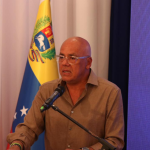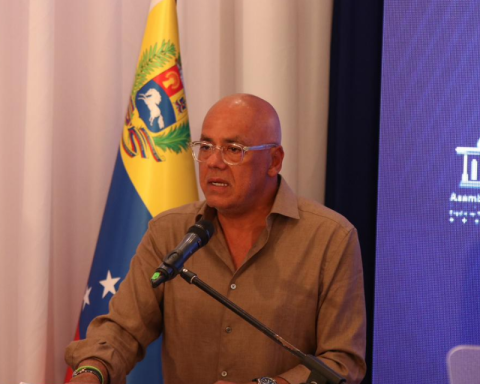SCJN protects Tseltal indigenous people deprived of liberty by INM agents in 2015
Edward Murillo
Newspaper La Jornada
Thursday, May 19, 2022, p. 10
Three Tseltal indigenous people from Ocosingo, Chiapas, who were arrested and deprived of their liberty by agents of the National Migration Institute (INM), were protected by the Supreme Court of Justice of the Nation (SCJN), which opens the possibility for them to claim compensation and a public apology from the authority.
In September 2015, those affected, one of them a minor, were traveling on a bus to Guaymas, Sonora, to work cutting pumpkins, watermelons and melons, when they were detained at an INM checkpoint in San Juan del Rio, Queretaro.
The immigration agents asked those affected for their documents, and although the two adults showed their voter credentials, they believed they were false, because the Tzeltals did not fully master Spanish.
Without further information, the agents decided that the three were Guatemalans and took them to the immigration station in Querétaro, where they were required to prove their Mexican nationality.
As best they could, the indigenous people obtained a copy of their birth certificates, the Unique Population Registry Key, and even proof of residence from the municipal agent of the El Jordán ranchería, where they lived.
With all this, the INM finally released them nine days later, and then those affected filed an amparo denouncing their illegal detention, retention and incommunicado detention, aggravated because they were never offered the help of an interpreter nor were safeguards taken to protect the minor.
The draft ruling, presented by Minister Margarita Ríos Farjat, indicates that the SCJN has already determined that the INM cannot review documentation other than in the immigration control process, that is, when entering the country through ports, airports or border crossings, or during verification visits.
It adds that according to article 11 of the Constitution there is no obligation to carry any identification document within the national territory, in addition to the fact that these checks are usually carried out based on ethnic prejudices.
This shows that the contested norms have a differentiated and particularly pernicious impact on indigenous and Afro-Mexican people.
indicates the approved project.
Thus, by a qualified majority of four votes, the ministers of the first chamber invalidated articles 97 and 98 of the Migration Law, a decision that was made by a qualified majority, which opens the door for this ruling to become jurisprudence.
















